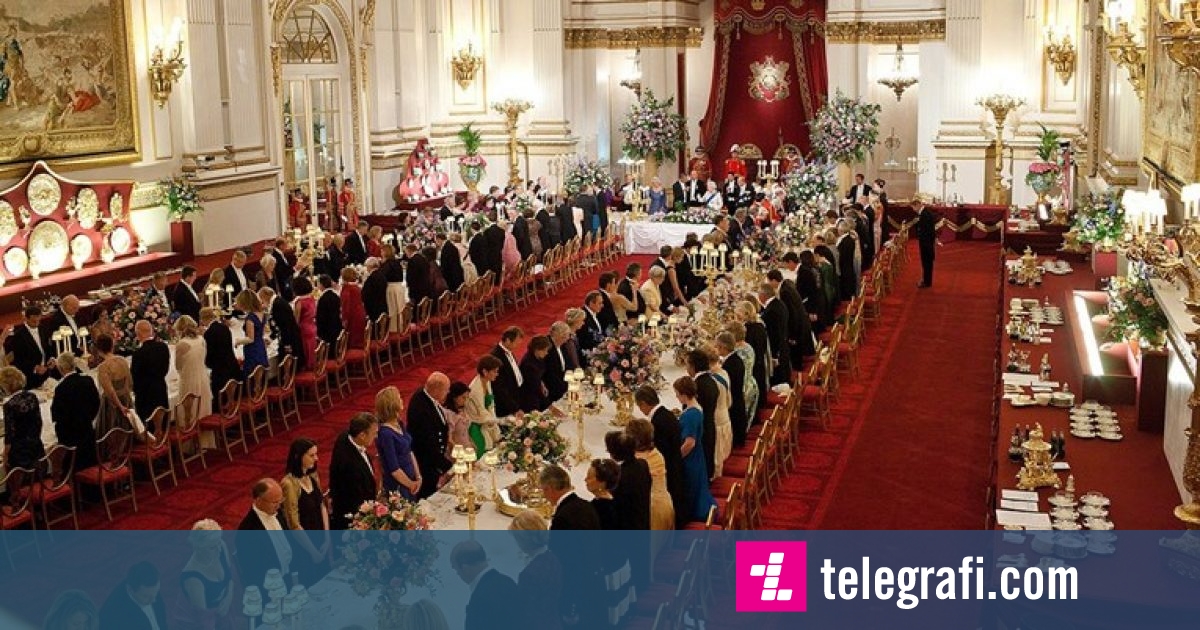Fans of the British royal family want to reiterate that it is a major tourist attraction, from which Great Britain also benefits financially.
Britain's tourism agency reported that the royal family generates around £500m (€576m) in tourism revenue each year, drawing visitors to historic royal sites such as the Tower of London, Windsor Castle and Buckingham Palace.
The Royal Family as a tourist attraction
The Tourism Agency points out that of the 30 million foreign visitors who came to Britain in 2010, 5.8 million visited the castle.
Meanwhile, the number of visitors and income only increased.
Advertisement
However, France no longer has a monarchy, but still makes a lot of money from tourist attractions such as Versailles and the Louvre, former royal palaces.
It is not very convincing to claim that no one will visit Buckingham Palace anymore if the British monarch does not live there,
Bloomberg
reports .
What is a Sovereign Grant?
Also, the British royal family is quite expensive for the citizens of Great Britain.
Royal luxury does not come cheap.
The royal family receives money each year through the Sovereign Grant, a rule on grants from the budget.
"Because the UK does not have a codified constitution, the role of the Monarchy is defined by convention - an illegal but still binding rule," says the Sovereign Grant, which is "funded by UK taxpayers".
Advertisement
The latest calculations show that the monarchy cost the British people £87.5 million (€100.9 million) in 2021. Eight years ago, this amount was £35.7 million (€41.1 million).
The expensive renovation of Buckingham Palace
One of the main factors driving up costs in recent years is the cost needed to finance the refurbishment work at Buckingham Palace.
The royal residence's electrical, heating and plumbing systems date back to the 1950s and are in urgent need of replacement.
As part of a 10-year renovation plan, wiring and plumbing will be replaced, while asbestos will be removed from the building.
New elevators will be installed to assist visitors with disabilities.
Advertisement
The value of the annual grant received by the royal family is equal to 15 per cent of the net income in the Crown Estate account for the financial year.
Crown Estates are lands still controlled by the British Crown, remnants of the feudal era that provide them with a large additional income.
The Duchies of Lancaster and Cornwall are separate Crown entities that hold lands and other properties to generate income for the British sovereign, now King Charles III, and the monarch's eldest son (if in line to the throne).
The income from the Duchy of Lancaster is presented to the sovereign every year and forms part of the money for the official and private expenses of the monarch.
Advertisement
The Crown is the largest land owner and exempt from paying taxes
The royal crown is the de facto largest land owner in the country and does not pay taxes.
In 2012, the Sunday Times estimated the fortune of the late Elizabeth II at 310 million pounds (357 million euros), and that year the queen entered the Guinness Book of Records as the richest queen.
There are also estimates that give the British Crown, not the person holding it, control over billions of pounds.
The Crown is legally exempt from paying taxes because it is not subject to certain Acts of Parliament.
Crown bodies such as the Duchy of Lancaster are not subject to laws relating to income tax, capital gains tax or inheritance tax.
Moreover, the sovereign has no legal obligation to pay such taxes.
Advertisement
In any case, the British royal family and the preservation of the monarchy cost the citizens of Great Britain dearly.
They are, by all accounts, ready to continue paying for the Windsors' lavish lifestyle.
/Telegraph/
